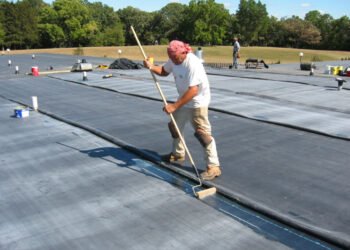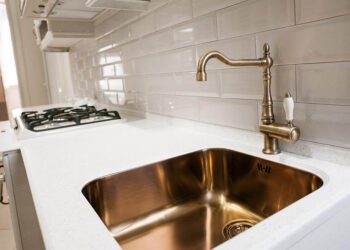Winter is just around the corner, and it’s time to start preparing your home to stay warm and cozy. Whether you’re building a new home or planning to upgrade your current heating system, choosing the perfect one for your needs can be overwhelming. With so many options available, how do you know which one is right for you? This blog post will guide you through the essential things to consider when investing in a new heating installation for your home.
1. Consider the size of your home.
The first thing you need to consider when choosing a heating system is the size of your home advises Equity Team, a leading property management expert. A heating system that’s too small won’t be able to keep your home warm enough, while one that’s too large will waste energy and money. To determine the size of the heating system you need, you’ll need to calculate the square footage of your home. A professional heating system installer can help you with this.
2. Decide on the type of heating system.
There are several types of heating systems to choose from, including furnaces, heat pumps, and boilers. Furnaces are the most popular type and run on either gas or electricity. Heat pumps use electricity to transfer heat from the air or ground, while boilers use gas, oil, or electricity to heat water. Each type of system has pros and cons, so it’s important to research and determine which one is best suited for your needs.
3. Consider energy efficiency.
Energy efficiency should be a top consideration when selecting a heating system. Not only is it better for the environment, but it can also save you money in the long run. Look for a system with a high Annual Fuel Utilization Efficiency (AFUE) or Energy Star rating. You should also consider the type of fuel the system uses and its availability in your area.
4. Assess the installation and maintenance costs.
The installation and maintenance costs should be considered when selecting a heating system. Some systems require more frequent maintenance, which can add up over time. Likewise, the installation costs can vary depending on the type of system you choose. Make sure to get quotes from multiple installers before making your decision.
5. Don’t forget about air filtration.
Finally, don’t forget about air filtration when choosing a heating system. A good heating system should have effective air filtration to reduce indoor air pollution and improve the overall air quality in your home. Look for a system with high-quality filters to remove dust, pollen, and other airborne particles.
Choosing the perfect heating system for your home is a big decision. By considering the size of your home, the type of system, energy efficiency, installation and maintenance costs, and air filtration, you can make an informed decision. Don’t hesitate to contact a professional heating system installer for guidance and advice.












